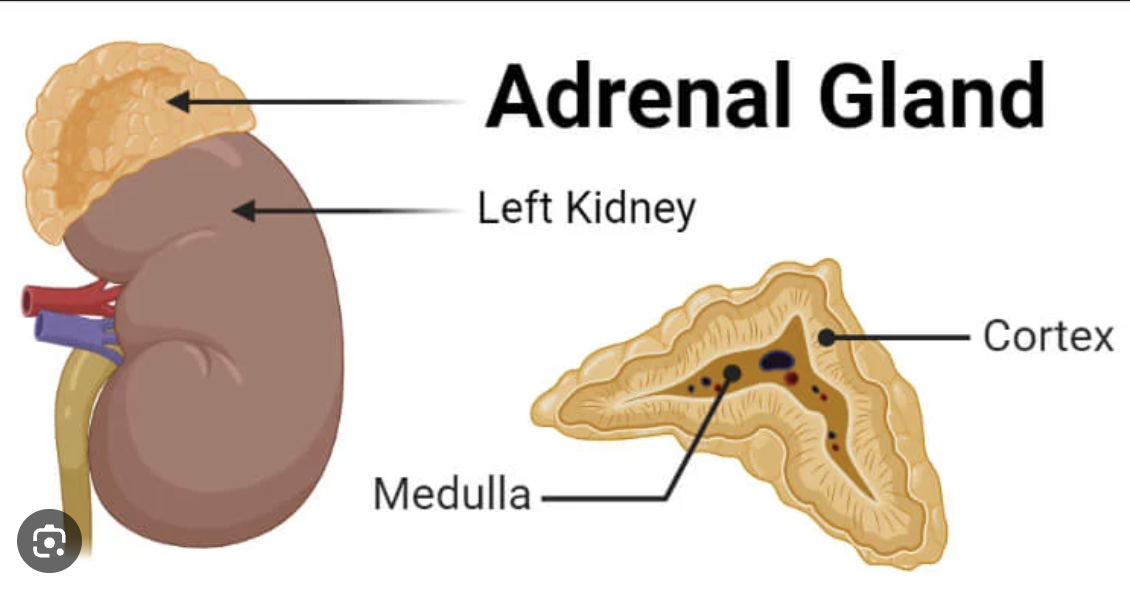Bài 2: GỐC TỪ (ROOT)
Thuật ngữ Hepatitis (viêm gan), cơ quan được mô tả là gan, gốc từ hepat-
Phải ghi nhớ các tự vừng cơ bản chỉ bộ phận cơ thể

———————————————————————————————————————————————
+) Trong Y khoa, các gốc từ La-tinh được dùng trong các thuật ngữ mô tả cấu trúc giải phẫu.
Các gốc từ tiếng Hy Lạp được dùng trong các thuật ngữ chỉ bệnh học
VD: Thuật ngữ pneumonia chỉ viêm phổi (Pulmonitis) có gốc từ pneumo- là phổi
VD: Thuật ngữ stomatitis là viêm miệng, gốc từ là stomat- là miệngThuật ngữ có nguồn gốc từ tiếng La-tinh
VD: Oral cavity là khoang miệng, Or- (tiếng La-tinh) là miệngVD: Pleura trong tiếng anh là màng phổi, trong tiếng La-tinh -pleura là xương sườn.
———————————————————————————————————————————————VD: Adrenaline và Epinephrine là tên cùng một dược chất được tiết ra từ tuyến thượng thận. Gốc từ ren- (Latin) và nephr- (Greek) có nghĩa là thận. Tiền tố ad- nghĩa là gần, tiền tố epi- nghĩa là ở trên. Do vậy adren- nghĩa là ở gần thận, epinephr- nghĩa la trên thận, hai cách gọi này đều chỉ vị trí của tuyến thượng thận nằm ngay trên thận.
Adrenaline, or epinephrine, plays a crucial role in the body's stress response. When faced with a perceived threat or danger, the adrenal glands release adrenaline into the bloodstream. This triggers a series of physiological changes that prepare the body for a "fight or flight" response. Adrenaline increases heart rate, dilates blood vessels, and elevates blood pressure, ensuring that oxygen and nutrients are delivered to the muscles and organs needed to respond to the threat.
In addition to its role in the stress response, adrenaline also has other important functions in the body. It helps regulate blood sugar levels by promoting the breakdown of glycogen into glucose, providing a quick source of energy. Adrenaline also plays a role in the body's immune response, regulating inflammation and immune cell activity.
Overall, adrenaline, or epinephrine, is a vital hormone that helps the body respond to stress and maintain homeostasis. Its effects on the cardiovascular system, metabolism, and immune response make it a crucial component of the body's physiological processes. Understanding the origin and function of adrenaline can provide valuable insights into the intricate workings of the human body.
